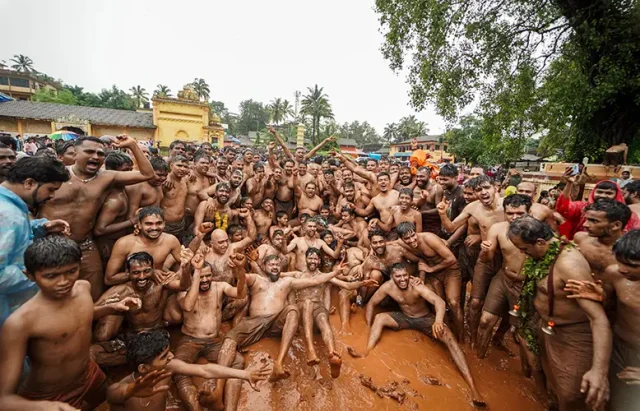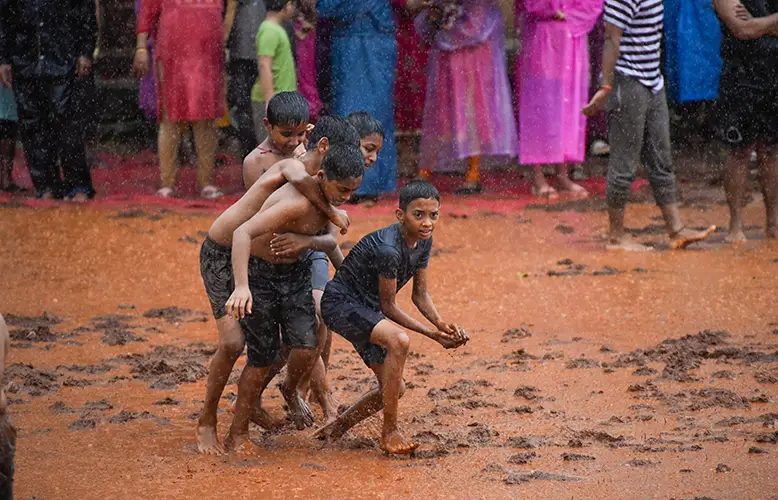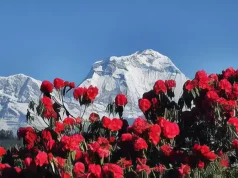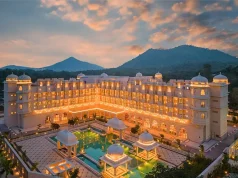
When the monsoon returns to Goa and the earth soaks in its first nourishing rains, the village of Marcel responds in the most heartwarming way—with a celebration deeply rooted in tradition, nature, and collective spirit. Chikhal Kalo, one of Goa’s most unique festivals, comes alive on July 7, 2025, at the sacred grounds of the Sri Devki-Krishna Temple in Marcel, inviting locals and visitors alike to reconnect with the land and each other through joyous play and spiritual reverence.
Observed annually on the twelfth day of Ashadh, the fourth month of the Hindu calendar, Chikhal Kalo is celebrated only in Marcel, located in the Ponda taluka. This vibrant ritual honours Balkrishna, the playful, mischievous child form of Lord Krishna, and draws its name from the Konkani words for “mud” (chikhal) and “play” (kalo).
But Chikhal Kalo is far more than a festival of frolic. As the sun rises, villagers gather at the temple to offer prayers, perform age-old rituals, and play traditional Goan musical instruments. What follows is a mesmerizing transformation—the temple’s grounds become a mud-filled playground, where young and old alike dive into the soft earth to engage in spirited games that retell stories from Krishna’s childhood.
Among these lively activities are chendu fali (mud ball games) and khushti (wrestling), physical expressions of devotion that symbolically connect participants to Krishna’s rural upbringing and the soil that sustains their lives. These games aren’t just fun—they’re a tribute to Goa’s agrarian roots and an expression of gratitude for nature’s generosity.
A highlight of the celebration is the Dahi Handi event, where human pyramids are formed to reach and break pots suspended high above the mud pit. These clay pots, filled with curd or sweets, reflect Krishna’s legendary love for butter and stand as symbols of teamwork, determination, and community harmony.
Under the shade of the ancient peepal tree, another whimsical scene unfolds. Devotees toss puran polis, bananas, and laddoos into the muddy arena from a raised platform, sparking a frenzy of laughter and excitement as participants leap to catch the flying treats. It’s a moment of pure joy, where faith and festivity blend seamlessly.

The soul of Chikhal Kalo is carried in its music. Traditional instruments like the ghumot, shamel, and taal set a powerful rhythm that echoes throughout the village. The air vibrates with the collective chant of “Jai Hari Vitthal,” evoking divine energy and anchoring the day’s revelry in spiritual devotion.
As mud flies, pots break, and cheers erupt, an unspoken bond weaves through the crowd—villagers, travelers, elders, and children all become part of something bigger than themselves. For those who watch from the sidelines or join in the mud-covered fun, Chikhal Kalo offers a rare glimpse into a living tradition where history, ecology, and community converge.
This year, as part of its mission to protect and promote Goa’s cultural treasures, the Goa Department of Tourism is hosting a two-day cultural celebration on July 5 and 6 at the Sri Devki-Krishna Temple. The program will feature devotional performances, folk games, and immersive experiences that showcase the depth and beauty of Goan heritage.
Chikhal Kalo isn’t just a festival—it’s an embodiment of mindful living, joyful expression, and spiritual connection to the Earth. In a world where technology often separates us from nature and from each other, this age-old tradition gently reminds us of the sacredness of the soil beneath our feet.
The Goa Tourism Department warmly invites you to take part in Chikhal Kalo 2025. Come explore a side of Goa that few get to see—beyond its golden beaches and vibrant nightlife lies a tapestry of rituals, stories, and values passed down through generations. Whether you’re a culture seeker, a curious traveler, or a soul in search of connection, Chikhal Kalo promises a celebration that will leave your heart full and your spirit grounded.





